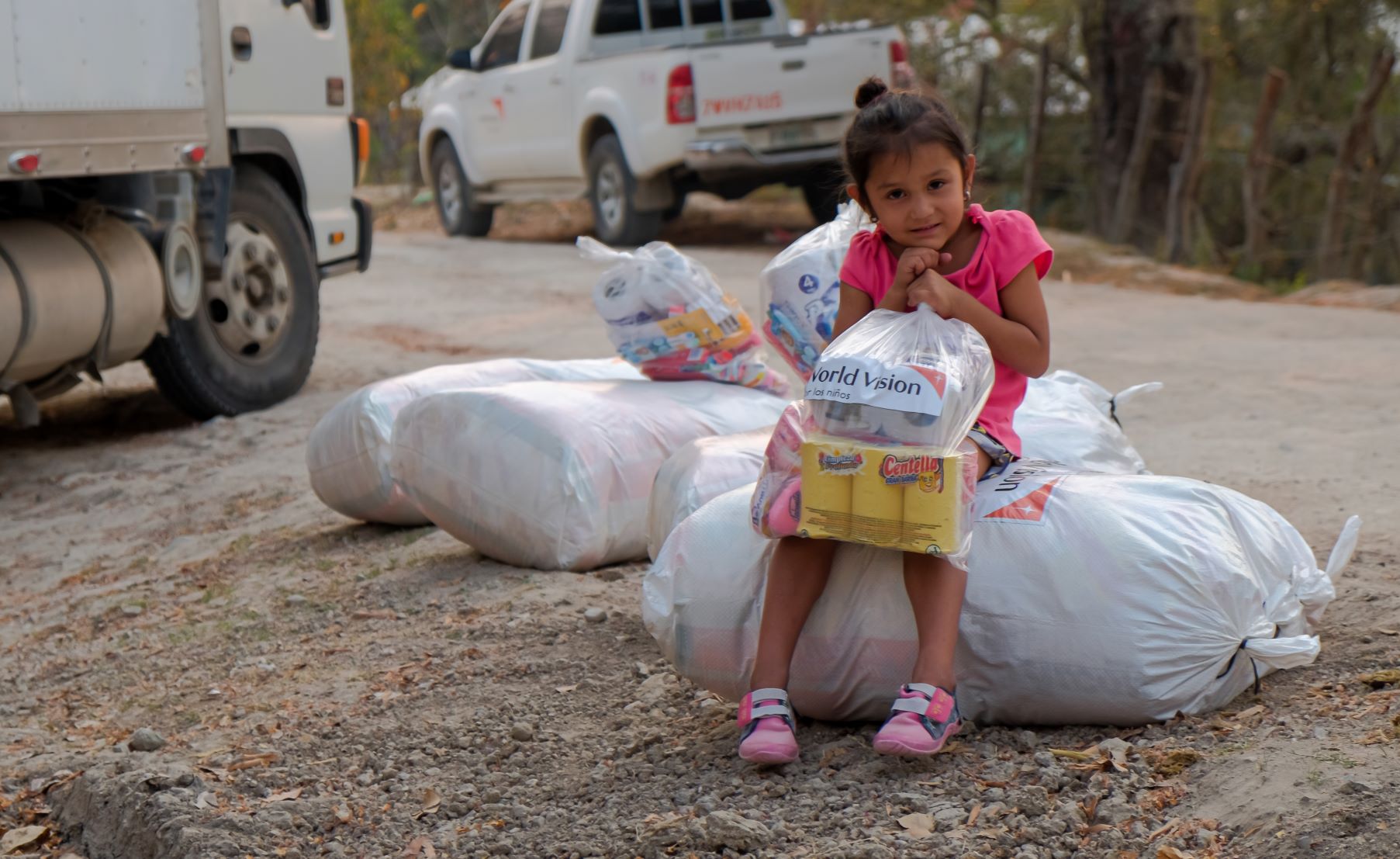
COVID-19
threatens to decimate most vulnerable groups in Brazil
We would like to take this opportunity to thank you for your continued support and to update you on our work in the fight against COVID-19 in some of the world’s most vulnerable communities.
The aggressive spread of COVID-19 threatens to decimate vulnerable communities in Brazil, as the country becomes the epicentre of the pandemic in Latin America.
Brazil is third worldwide in the ranking of COVID-19 confirmed cases, only behind the USA and Russia. Brazil’s Ministry of Health registered 262,545 confirmed cases and 17,509 deaths, as of the 19th of May 2020. As these figures continue to rise, the most vulnerable - Indigenous people, riverside dwellers, inhabitants of favelas, migrants and refugees - are at extreme risk.
“It is shocking to see how countries who haven’t flattened the curve are now facing the worst of the global pandemic.” Niall McLoughlin, CEO of World Vision Ireland, said. “Inequality appears to be the key factor that is driving Brazil’s COVID-19 exponential curve. It is disproportionately affecting the country’s poorest people and those living in peripheral communities.”
The uncontrollable increase in the number of new COVID-19 cases in Brazil has led hospital beds to maximum occupancy and health and funeral services to become completely overwhelmed.
“Hospitals have run out of beds, health workers are overwhelmed and there are horrific scenes of mass graves. This is making it difficult for families and even for funeral homes to provide quick and timely services.” said Luis Corzo, World Vision Brazil Response Director.
Manaus, the state capital, is a gateway to communities across the Amazon basin, and if the virus spreads, it could decimate many vulnerable indigenous groups and riverside dwellers. World Vision is on the ground there, working with the local community to provide nutrition, sanitation kits and promoting behavioural change to prevent infections. World Vision’s work is concentrated in Manaus and in Manacapuru, a municipality that currently leads the national registers of COVID-19 cases and deaths for groups of 100,000 inhabitants.
Brazilian authorities estimate around 260,000 Venezuelan migrants currently live in Brazil. Pre-existing limitations to access water, health services and proper nutrition faced by the populations have become extremely dangerous amid the COVID-19 pandemic.
At the base of this inequality pyramid, there are residents of favelas and slums in the outskirts of large urban centres, another priority group, which World Vision assists with humanitarian aid. Official data indicates that 6% of Brazil’s population live in slums, which equates to more than 11 million people - larger than the total population of countries such as Austria and Sweden.
World Vision has been working in the COVID-19 response for three months. We have reached over a million people in Brazil directly in 12 states of the republic, with the highest infection rates. We are responding to the COVID-19 crisis in more than 70 countries across the world, prioritising the most vulnerable countries. The response aims to target 72 million people, more than half of them children.
Any attempt to curb the spread of COVID-19 must also involve addressing secondary impacts. In a recent report, World Vision estimates that up to 30 million children’s lives are at risk because of secondary health impacts such as deadly diseases like malaria, a lack of immunisation, or increased malnutrition, as health systems are overwhelmed by COVID-19 patients.
With the help of our amazing supporters like you, we are helping some of the world’s most vulnerable communities worst affected by this pandemic. Thank you for your donations.
